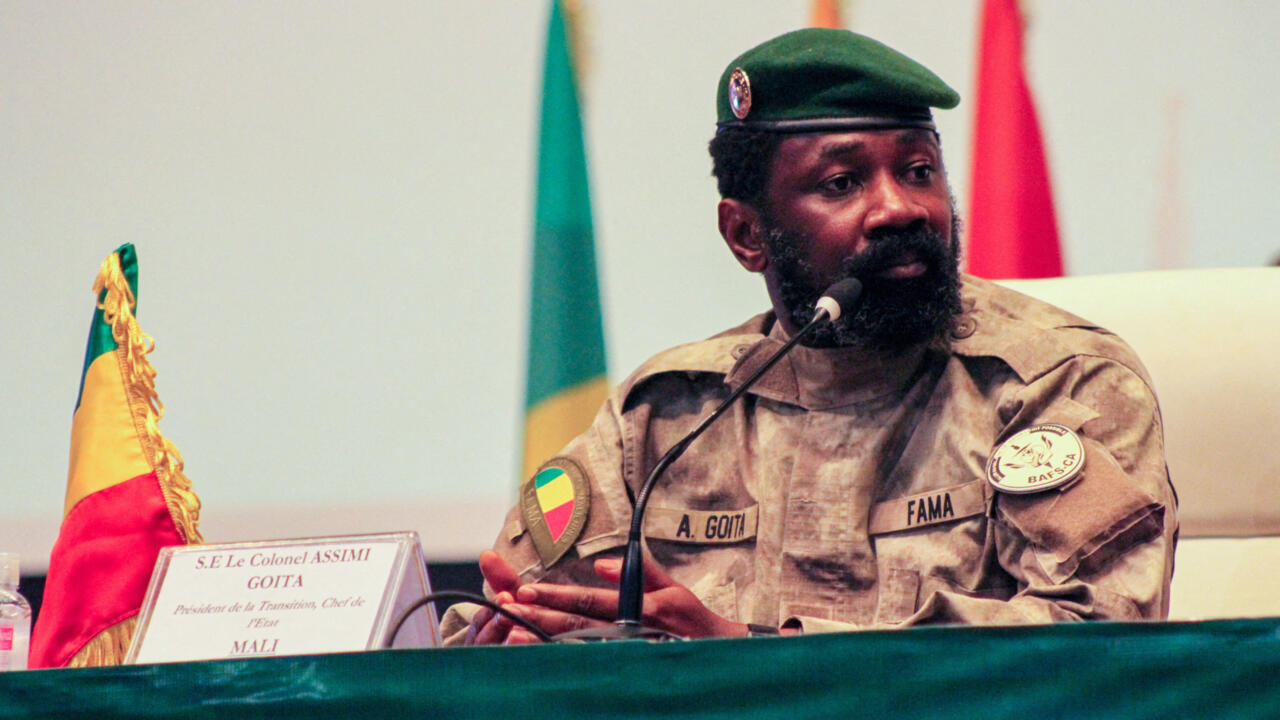International
Mali’s military leader enacts law allowing unlimited presidential terms

Mali’s transitional president, General Assimi Goïta, has enacted a new law granting himself a five-year term in office that can be extended indefinitely, sparking growing concerns over the country’s future direction and the possibility of prolonged military rule.
The legislation, which was officially signed into law by Goïta, allows him to remain in power until at least 2030. According to the law, the transitional president will serve “for a term of five (05) years, renewable as many times as necessary, until the country is pacified.”
The measure was approved last week by Mali’s transitional legislative body, the National Transitional Council, with overwhelming support — 131 of 147 members voted in favour.
Observers say the move solidifies Goïta’s hold on power and marks a further retreat from democratic governance. The military leadership had earlier committed to transferring authority to a civilian government by March 2024 — a deadline that now appears to have been discarded.
READ ALSO:Mali’s military leader disbands political parties amid crackdown on opposition
General Goïta, aged 41, rose to power through two coups. In August 2020, he ousted President Ibrahim Boubacar Keïta, and less than a year later, in May 2021, he removed the interim civilian leadership. Following the second takeover, Goïta pledged to hold elections in 2022, but that promise has been repeatedly delayed.
“The adoption of this text is in accordance with the popular will,” said Malick Diaw, head of the transitional parliament. He described the legislation as “a major step forward in the rebuilding of Mali.”
Still, opponents warn the new law consolidates military dominance and suppresses dissent. In May, the junta dissolved all political parties, prompting alarm among rights groups and international observers. Experts caution that indefinitely extending Goïta’s rule may derail efforts to restore democratic governance and could heighten political instability.
The legislation also permits officials currently serving in the transitional government — including the president, cabinet members, and parliamentarians — to run in future elections.
Meanwhile, Mali’s security situation remains volatile. On Tuesday, militants affiliated with al-Qaeda and the Islamic State carried out coordinated attacks against military positions in multiple towns — the third large-scale assault on security forces in less than a month.
Since taking control, Goïta has shifted Mali’s foreign policy, ending military ties with France, deepening relations with Russia, and pulling out of the regional bloc ECOWAS, which had urged a swift return to civilian rule.
Mali has since joined forces with fellow military-led neighbors Burkina Faso and Niger to establish a new alliance designed to push back against external influence.






















